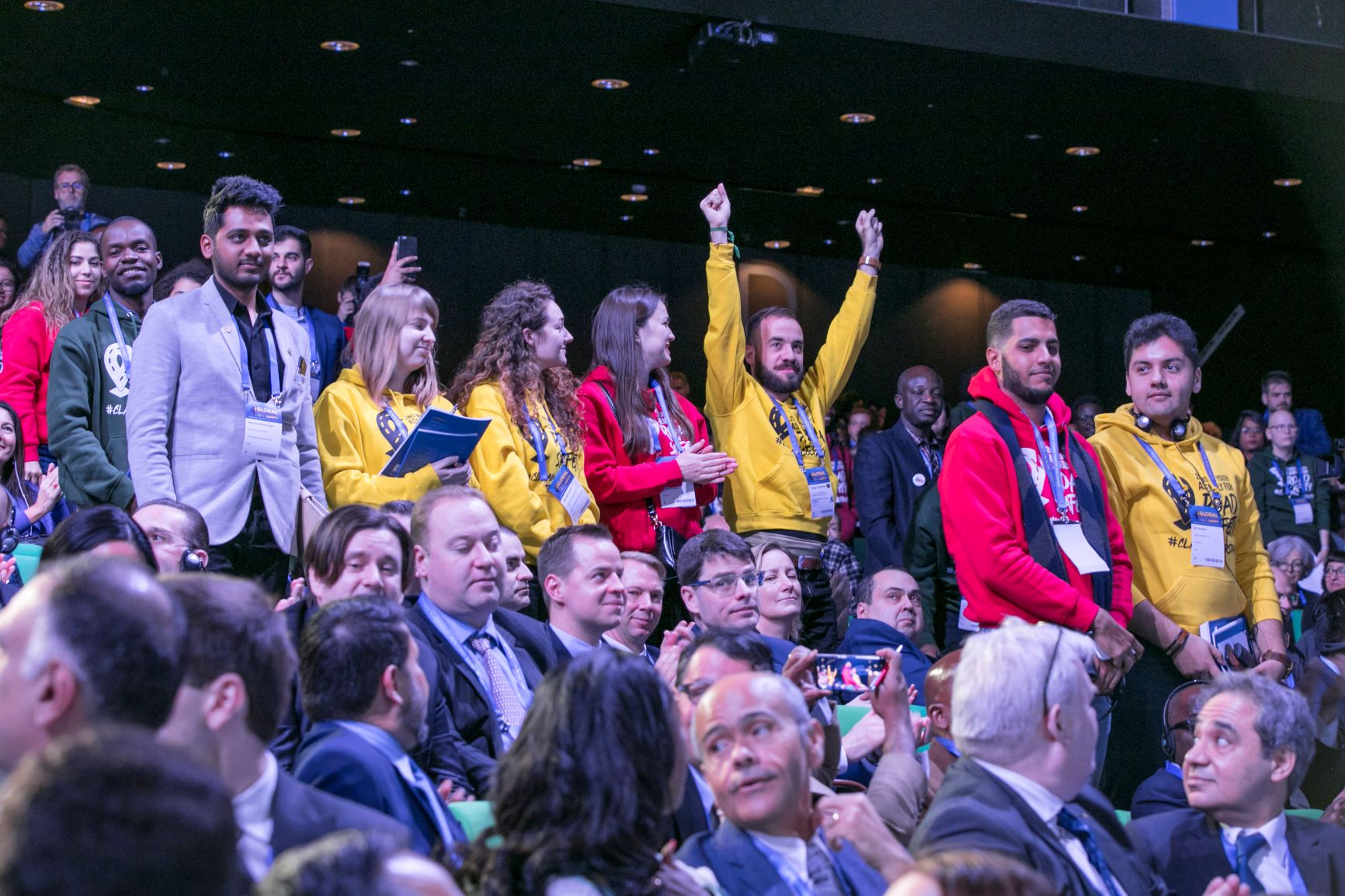
Road traffic crashes are the leading cause of death of children and young people. Any strategy that seeks to address the global road safety crisis needs to take account of the needs of young people. The Global Youth Coalition brings together young activists from around the world, taking action on safer mobility and championing meaningful youth participation in road safety and beyond. We spoke to Ritu Jain, Youth Advisory Board Member and Youth Accountability Advocate for Restless Development India. Ritu specializes in equality and gender rights.
How is the UN Resolution on Improving Global Road Safety relevant to young people?
“We welcome that the new resolution speaks out for young people and their basic needs for road safety and asks countries to pay special attention to road safety measures that protect young people and other vulnerable groups.
“Not only do young people travel extensively in their day-to-day, road policy decisions that are made now will affect young people more than any other living generation. They are the ones who will experience the long-term impact of good or bad policies for road safety for longer.
“The resolution references the connection between road safety and social and economic development. Jobs and education are a particular concern for young people, especially during the rising unemployment, as a result of the pandemic. Safe mobility is very important in enabling young people to access work and school. They are highly reliant on public transport, and it is important that this is up to a good level.
“The new Decade of Action for Road Safety brings a clear opportunity for Member States to meaningfully involve young people in shaping the actions plans about road safety and safe mobility. In that way, young people can also have their say and share their main challenges, demands, and commitments, gathered in the Global Youth Statement for Road Safety, adopted in February 2020 at the 2nd World Youth Assembly for Road Safety. It is a perfect moment to gain momentum of meaningful youth participation.”
As an activist for gender equality and peace, why is road safety important? Does the resolution speak to these issues?
“Road safety has an integral role in promoting gender equality and peace. As an activist, I wish that the UN Resolution had more mention of the problems of harassment on transport, not just crashes, speed, etc. This is a big problem in many areas in my nation, India, where there are no road lights and police quarters nearby roads. There are often stories of young women being harassed or sexually assaulted in public transport, which is contrary to the push for safer mobility that the resolution calls for. It happens every day. Women are becoming more empowered to stand up to harassment, but serious attention and action is needed.”
And why should young people care about the contents and commitments in the resolution?
“We need young people to care about the UN resolution, since it talks about their safety and security. It needs to be taken seriously, and it is a way for young people to feel a sense of ownership and responsibility within society. The Global Youth Statement for Road Safety calls on governments to be accountable for their commitments. It is not just our own road behavior, we must get our governments to act and ensure a safer and sustainable mobility system for all users, not only cars.
“The resolution calls on governments to “promote road safety knowledge and awareness … especially among youth.” They need to find ways of doing this that will engage young people’s hearts and minds. According to the In order to achieve behavioral change in the highways, governments need to involve youth in the educational material designs. Road safety education is not in place in every country; the theory only focuses on signs and laws, but it doesn’t consider behavior changes between different ages. Youth should meaningfully participate in the design of those materials as well.
“In India, enforcement is a big factor. There is an attitude that “if someone else is not following the rules, then why should I?” When traffic fines went up last year, this brought a new level of seriousness to the issue.
“Responsible road use should be a part of the school curriculum for older students, but engagement needs to be more than that. In the Global Youth Consultations, we ask young people: “When you are on the road, what do you see?” and “What change would you bring to roads?” We need young people to question the reality around them and evaluate and contribute to how it can be improved.
“In our global youth consultations, we identified the problems on some local streets. Lack of lighting and police presence made the streets unsafe for women and other solo road users. We took our concerns to the local government authorities. They switched on the lights — that already existed but were not in use — and installed manned police booths. Youth advocacy can speed up actions. Although we were only a group of 10 young people, we were able to make a difference. We are looking for more streets for improvement, but unfortunately COVID-19 is limiting our ability to go out.”
Feature image: Mikael Ullen